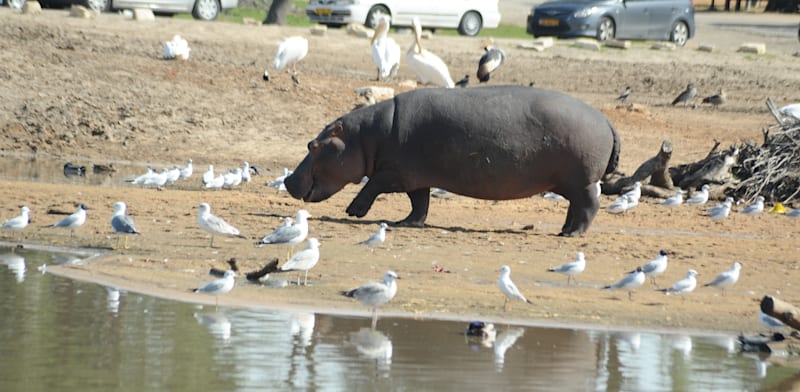The Union Cabinet met on Monday and is believed to have approved a bill to provide 33 per cent reservation to women in Lok Sabha and State/UT assemblies. However, there is no official confirmation in this regard.
Meanwhile, the principal opposition party, Congress, has welcomed the move. The Bill is expected to be moved during the ongoing special session, which will resume business after shifting to the new building on Tuesday.
In a post on micro-blogging site X, senior Congress leader Jairam Ramesh said: “It is been a long-standing demand of the Congress party to implement women’s reservation. We welcome the Union Cabinet’s reported decision and await the Bill’s details. This could have very well been discussed in the all-party meeting before the Special Session, and consensus could have been built instead of operating under a veil of secrecy.”
- Read: Too few women in politics and workplace
On March 9, 2010, the Rajya Sabha passed a bill to amend the Constitution to provide reservations for women. Originally, the Bill proposed reserving women in all legislative bodies. However, the Standing Committee suggested restricting the reservation in the ‘House of People’ Lok Sabha in the Centre and Assembly in States and Union Territories with the legislature. This recommendation was accepted by the Government and incorporated into the Bill.
As passed by the Rajya Sabha, the Bill inserted a new clause 330A, which said: “Seats shall be reserved for women in the House of the People.” Since the Bill could not be passed in the Lok Sabha, it lapsed and necessitated fresh exercise.
On Sunday, various political parties urged the Government to begin the legislative business in the new building of the Parliament with the passage of the Women’s Reservation bill. Some regional parties demanded quota for backward classes and scheduled castes within the overall reservation for women, sources said. This has been a key sticking point in the passage of the Bill earlier.
- Read: Empowering effects of women in politics
“All opposition parties demanded the passage of women’s reservation bill in this Parliament session,” Adhir Ranjan Chowdhury, Leader of Congress in Lok Sabha, had told reporters after the meeting. He also said that the Government had informed them it was a regular session of Parliament. “Only the Government knows what its intention is. It may surprise everyone with some new agenda,” he said while listing issues such as price rise, unemployment, and the situation on the border with China that his party raised in the meeting.
BJD leader Pinaki Misra said a new era should begin from the new Parliament building, and the women’s reservation bill should be passed. “It won’t take an hour or so to get the bill passed in the Lok Sabha,” he said. Mahua Maji, JMM MP from Jharkhand, felt that the women’s reservation Bill should also provide ‘reservation within reservation.’ This means there should be reservations for SC, ST and OBC women; “otherwise women from these categories will not get representation.”
















